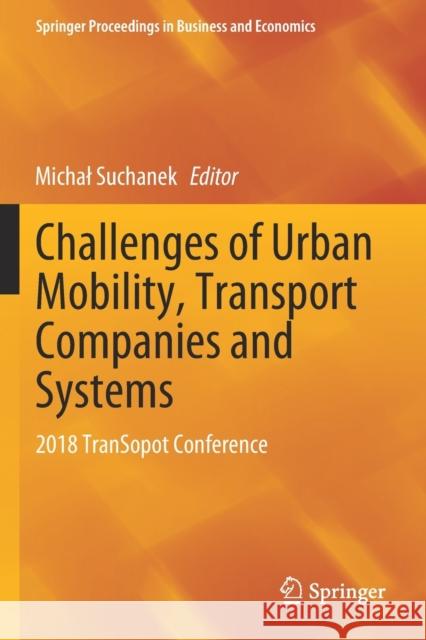Challenges of Urban Mobility, Transport Companies and Systems: 2018 Transopot Conference » książka
topmenu
Challenges of Urban Mobility, Transport Companies and Systems: 2018 Transopot Conference
ISBN-13: 9783030177454 / Angielski / Miękka / 2020 / 342 str.
Challenges of Urban Mobility, Transport Companies and Systems: 2018 Transopot Conference
ISBN-13: 9783030177454 / Angielski / Miękka / 2020 / 342 str.
cena 605,23
(netto: 576,41 VAT: 5%)
Najniższa cena z 30 dni: 578,30
(netto: 576,41 VAT: 5%)
Najniższa cena z 30 dni: 578,30
Termin realizacji zamówienia:
ok. 16-18 dni roboczych.
ok. 16-18 dni roboczych.
Darmowa dostawa!
Kategorie:
Kategorie BISAC:
Wydawca:
Springer
Seria wydawnicza:
Język:
Angielski
ISBN-13:
9783030177454
Rok wydania:
2020
Wydanie:
2019
Numer serii:
000474980
Ilość stron:
342
Waga:
0.49 kg
Wymiary:
23.39 x 15.6 x 1.88
Oprawa:
Miękka
Wolumenów:
01
Dodatkowe informacje:
Wydanie ilustrowane











